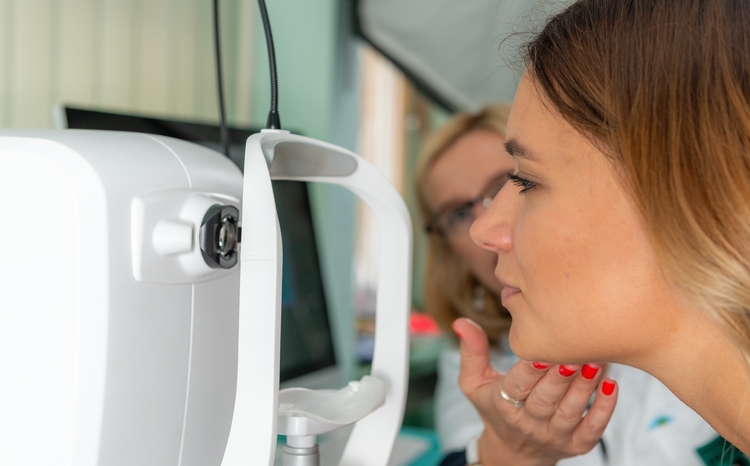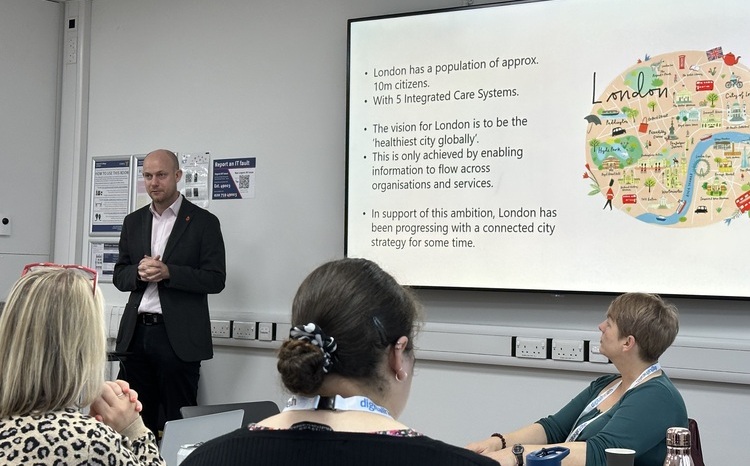Gene analysis site launches in Europe
- 23 January 2008
 |
A new consumer genetic test website, 23andMe, launched in Europe this week. The service which includes Google among its backers, aims to help individuals understand their own genetic information using DNA analysis and web-based interactive tools.
Customers using the £500 service receive a barcoded tube for saliva collection; they then send their samples to 23andMe’s contracted laboratory.
DNA is extracted and exposed to a microchip-like device that analyses the customer’s 23 pairs of chromosomes. Results are posted on a private password-protected area of the website around four weeks later, enabling customers to access their results and, if they choose, share them with others.
These results will indicate if a patient has an increased risk of conditions such as multiple sclerosis, diabetes or certain types of cancer. A calculator is available to estimate the user’s risks.
Linda Avey, co-founder of 23andMe, said: “Over the past several years, significant advances have been made in the field of genetics. The mission of 23andMe is to take the genetic revolution to a new level by offering a secure, web-based service where individuals can explore, share and better understand their own genetic information.”
Using 23andMe’s web-based tools, individuals can explore their ancestry, see what genetics research means for them and compare themselves to friends and family members.
Ultimately, 23andMe says, they will become part of a community that works together to advance the overall understanding of the human genome.
Anne Wojcicki, co-founder of 23andMe, said: “23andMe is designed to provide our customers with scientifically accurate, high-quality information about their own genetic code in a format that is easy to understand and use. We believe this information provides intriguing insights into an individual’s genetics, with the goal of expanding the collective knowledge base by enabling active participation in research.”
The website is backed by investors including Genentech, Google, and New Enterprise Associates. It has been used in the US since November, and initial uptake is said to have been good.
Concerns have, however, been raised by genetics organisations, including the UK’s Human Genetics Commission and Gene Watch.
In the government’s ‘More Genes Direct’ report, the Human Genetics Commission warns: “Our advice to the public is that with many of the tests currently on the market people are wasting their money. At the moment the science is simply not strong enough. The tests could be positively harmful if the results caused unnecessary anxiety or gave false reassurance.”
23andMe stress that the service will enable customers to gain deeper insights into their ancestry and other inherited traits which are marked in their genetic code, but they cannot diagnose, or predict with any confidence.
Esther Dyson, a 23andMe director and investor, said: “23andMe allows individuals to explore and potentially benefit from information related to their health, inherited features, and even unknown talents exposed in their genotype.
“It is our belief that 23andMe will help people to better understand the interacting roles of inheritance, environment and behavior. By bringing individuals together, we will have the power to unveil what our genetic framework means for us, and how we can use that information to improve our lives.”
Links




